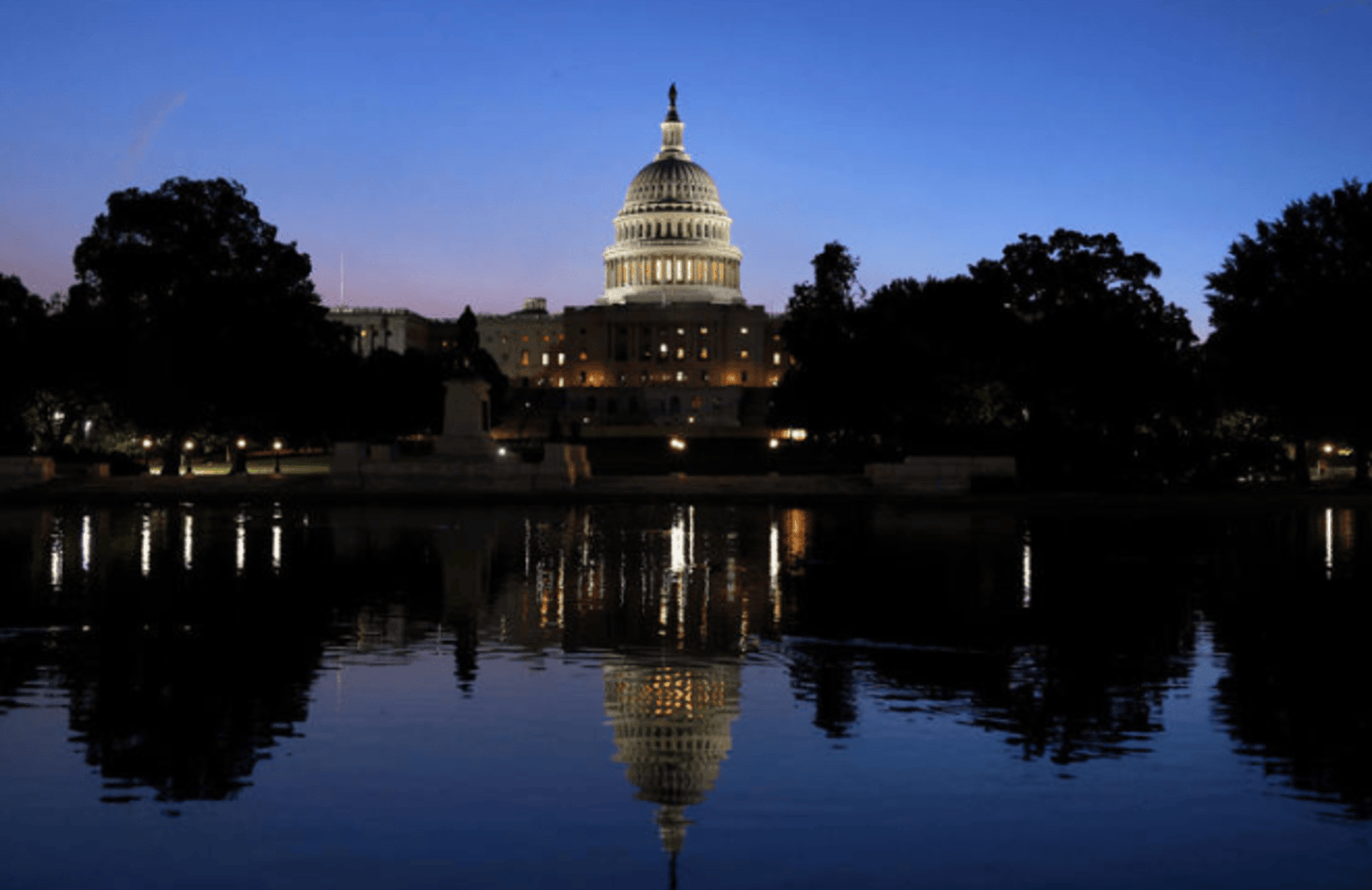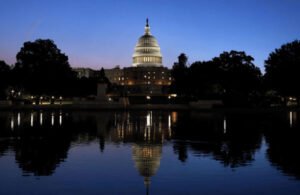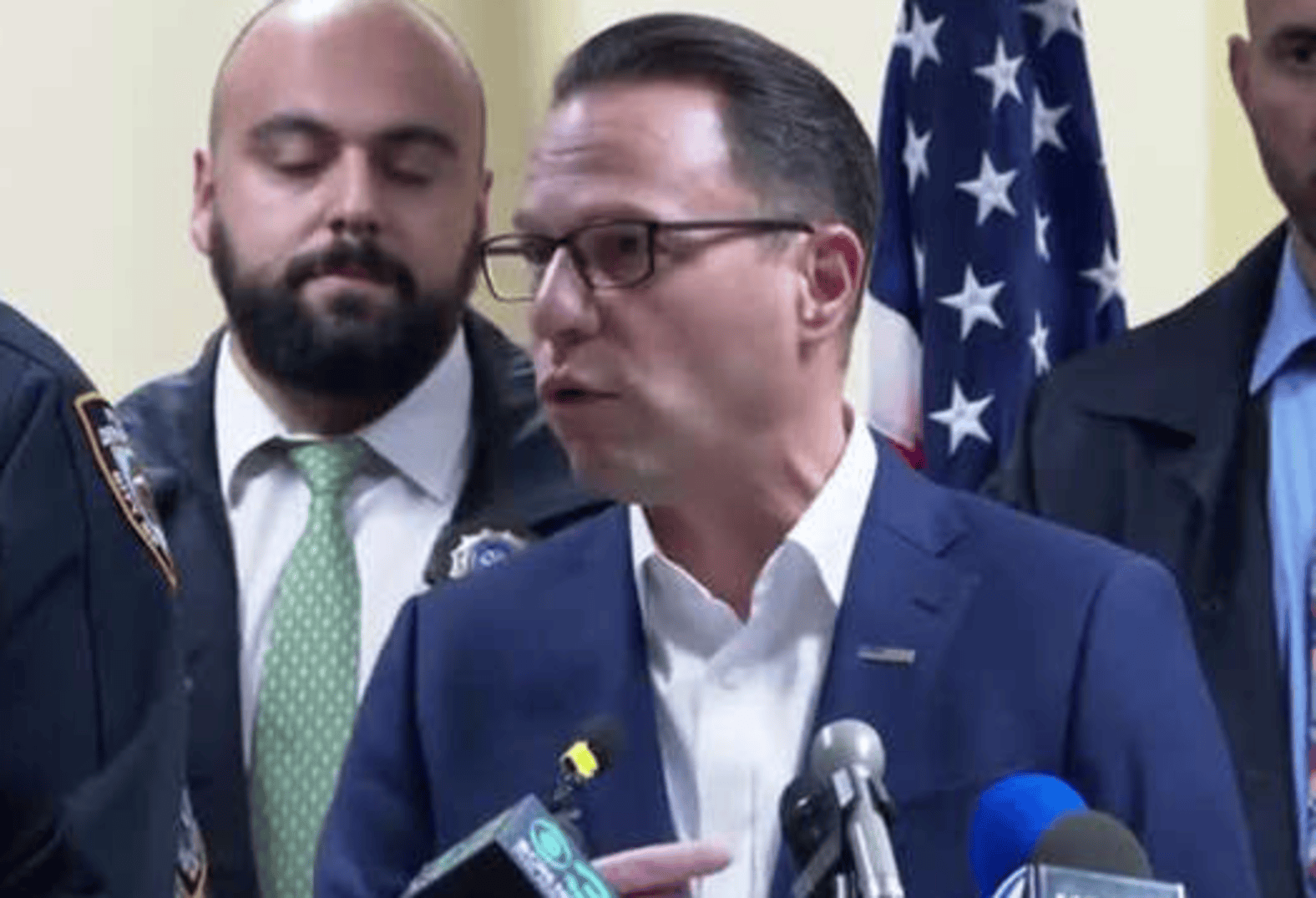
Chinese Hackers Hit 2024 Campaign Phones. Chinese Hacking Campaign Targets U.S. Campaign Phones
In a significant cybersecurity breach, a Chinese hacking campaign targeted U.S. telecommunication networks, focusing on high-profile figures from the 2024 presidential race. Sources close to the matter revealed that the phones of Republican presidential nominee Donald Trump and his running mate, Senator JD Vance, were part of the attack. Chinese Hackers Hit 2024 Campaign Phones
Affiliates from Vice President Kamala Harris’ campaign were also reportedly targeted. However, it remains unclear whether the cyberattack successfully compromised any of their communications.
The Targets: Trump, Vance, and Harris
According to multiple sources, China aimed at prominent individuals within the Trump, Vance, and Harris campaigns. Whether the hackers gained access to sensitive information is still unknown. It is also unclear whether additional members of these campaigns were affected.
This development has raised concerns about the security of campaign communications in the 2024 election cycle. While the information regarding the hacking remains vague, the targeting of such high-profile figures highlights a broader cybersecurity issue.

In a significant cybersecurity breach, a Chinese hacking campaign targeted U.S. telecommunication networks
FBI and CISA Respond Swiftly
In response to the reports, the FBI and the Cybersecurity and Infrastructure Security Agency (CISA) issued a joint statement. The federal government confirmed that it is actively investigating the breach. telecommunications infrastructure has been traced back to actors linked to the People’s Republic of China.
The FBI quickly notified affected companies and provided technical assistance to mitigate the potential impact. CISA also helped other potential victims by sharing critical information about the hacking activity.
It remains unclear whether the hackers compromised any personal devices of Trump, Vance, or Harris campaign members.
Verizon and Telecom Providers on Alert
Verizon, one of the telecommunications companies reportedly targeted, acknowledged the attack. Rich Young, a spokesperson for Verizon, said they were aware of the sophisticated nature of the cyber campaign. Along with federal law enforcement, the company has been working with industry experts to assess and mitigate potential risks.
Other major telecom providers in the U.S. are also on high alert. Third-party cybersecurity experts have been called in to evaluate the extent of the threat. At this point, the FBI has not specified which companies were compromised, but telecom providers nationwide have taken steps to strengthen their defenses.
China Denies Involvement
As tensions rise over the allegations, China’s embassy in Washington, D.C., responded by denying any knowledge of the hacking campaign. In an email to NBC News, a spokesperson for the embassy said they were unaware of the specific situation.
China reiterated that they have no interest in influencing the 2024 presidential race.
Campaign Security in Focus
The 2024 U.S. election is already contentious, and news of this hacking campaign only adds to the volatility. Cybersecurity experts are now closely monitoring the situation, emphasizing the need for campaigns to safeguard their communications. The FBI has refrained from disclosing specific details about the individuals targeted, leaving many questions unanswered.
However, the threat posed by foreign actors targeting campaign infrastructure is not new. Previous elections have also faced cybersecurity risks from external forces. Experts warn that the sophistication of this attack may signal a growing trend of state-sponsored cyber interference.
The Role of Telecommunications in Elections
Telecommunications infrastructure plays a crucial role in modern campaigns. Candidates and their teams rely on secure communication channels to coordinate strategies, fundraise, and engage with voters.
While no U.S. officials have suggested that this hack was part of a broader effort to influence the outcome of the 2024 election, the fact that high-profile individuals were targeted raises significant concerns.
The Broader Implications
The hacking attempt underscores the vulnerability of U.S. networks to foreign interference. As China’s influence in the cyber domain continues to grow, the U.S. faces increased pressure to fortify its digital infrastructure. These attacks are not limited to just politics—they could potentially affect businesses, healthcare, and national security.
The targeting of telecommunications infrastructure by state-sponsored actors has implications far beyond this election cycle. It’s a reminder that as technology advances, so do the methods used by adversaries to exploit weaknesses in national security.
Response from the U.S. Government
The U.S. government’s response to the hacking campaign has been swift. The FBI and CISA have already provided assistance to companies affected by the breach. Lawmakers are now pressing for further action to protect future elections from foreign interference.
Congress is likely to hold hearings to explore how telecommunications companies can better secure their networks from state-sponsored attacks. Additional measures, such as cybersecurity reforms and election security funding, are likely to be proposed.
No Hack-and-Leak Operation Yet
As of now, no evidence suggests that the hacking campaign is part of a “hack-and-leak” operation. Hack-and-leak operations involve the theft of sensitive information followed by its release to the public to manipulate the outcome of an election.
Conclusion: A New Kind of Election Threat
The reported Chinese hacking campaign is a reminder of the evolving nature of election security threats. The targeting of telecommunication networks connected to top campaign figures highlights the need for vigilance.
While it is unclear whether the hack compromised sensitive information, the incident has reignited discussions about cybersecurity in elections. Moving forward, both the public and private sectors must collaborate to prevent future breaches and ensure that the 2024 election is free from foreign interference.
In the months ahead, campaigns will need to prioritize security, protecting not only the integrity of their communications but also the trust of the American people. With international actors increasingly exploiting digital vulnerabilities, this hacking campaign may be just the beginning of a new era of election threats.
Read More







